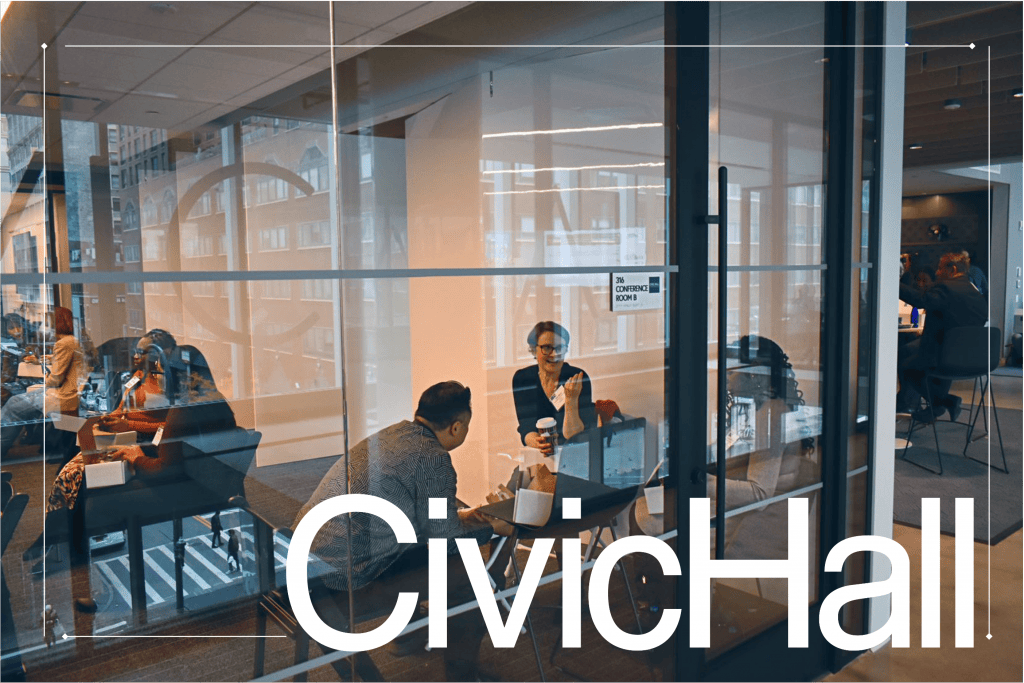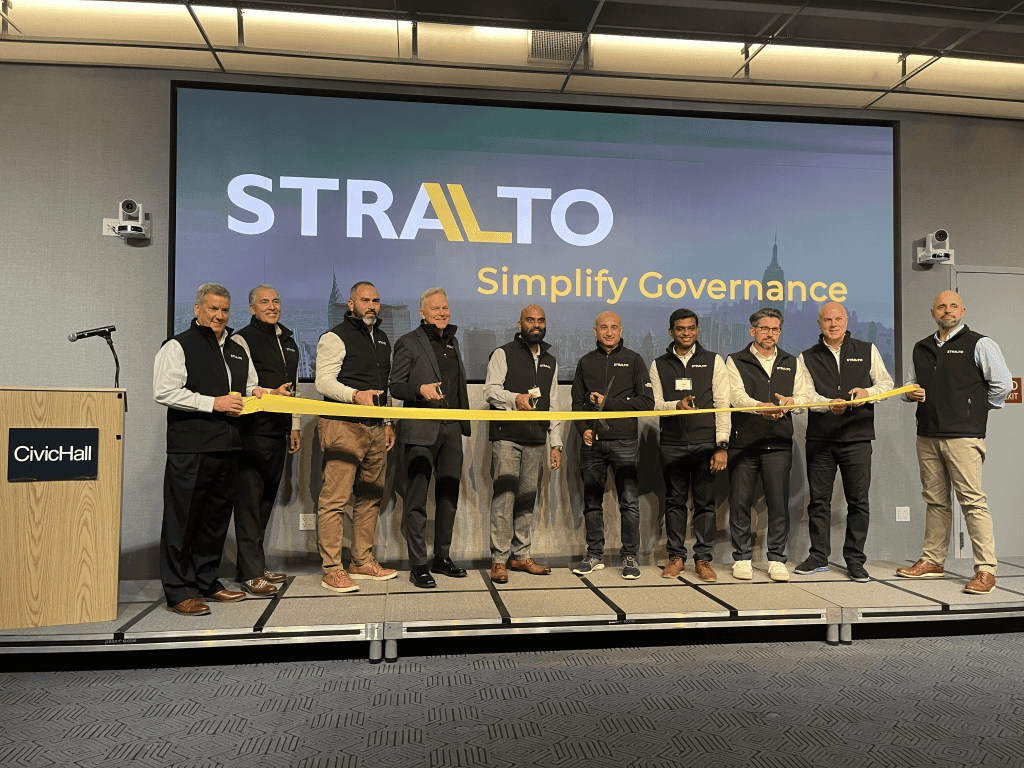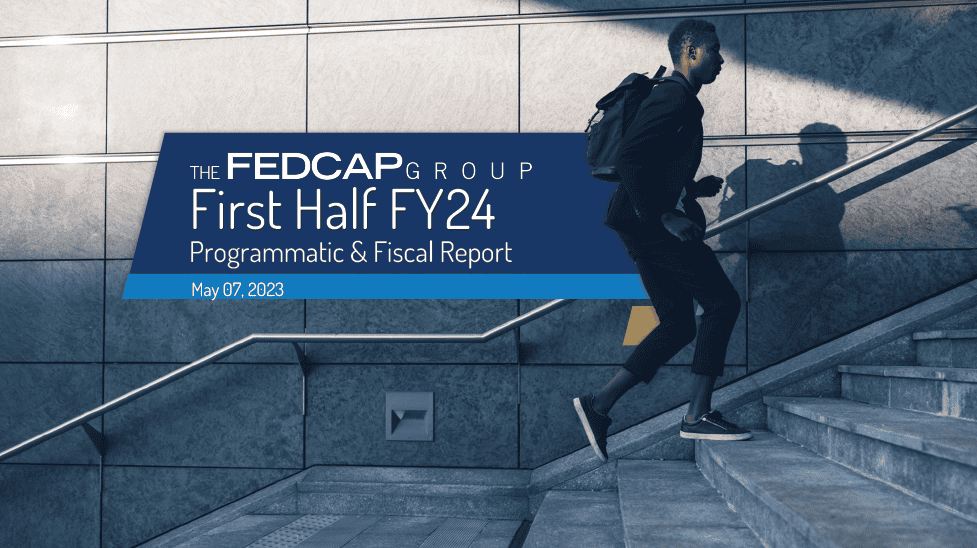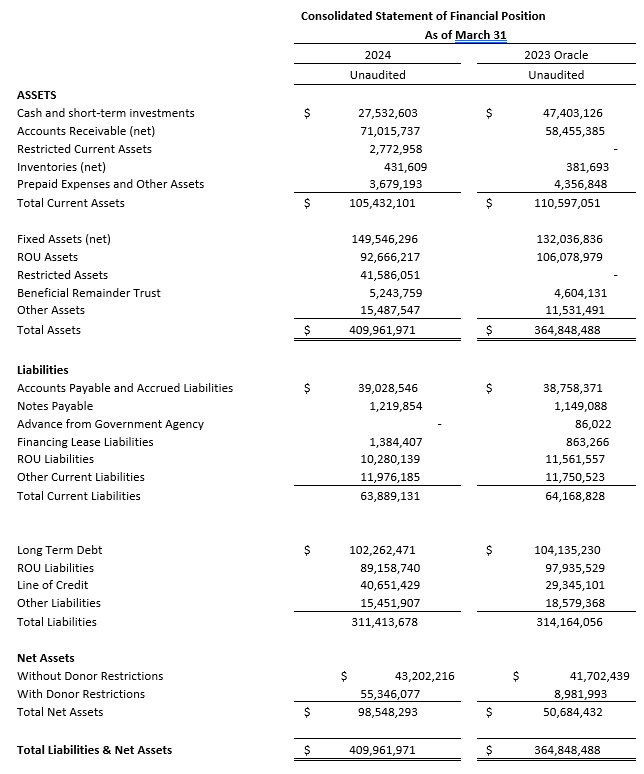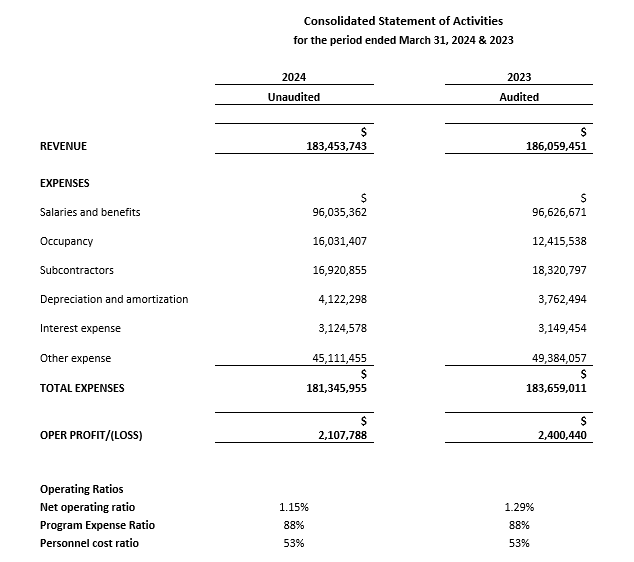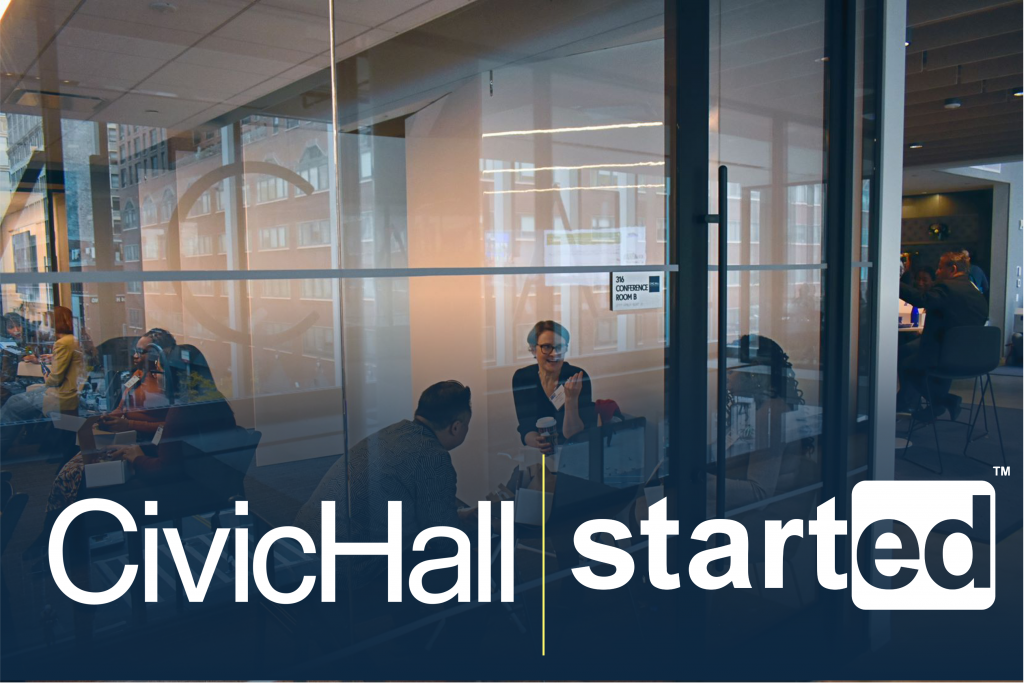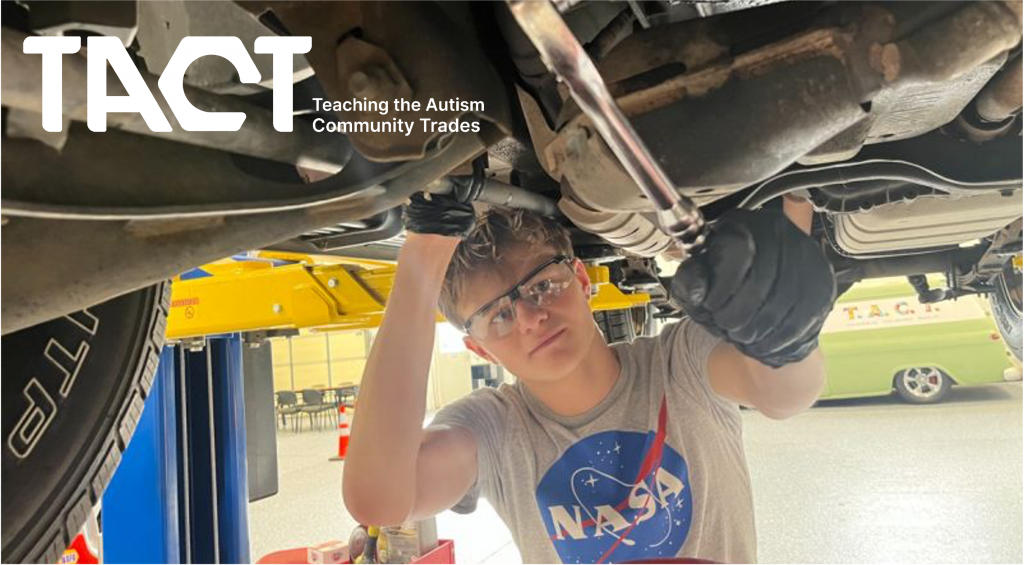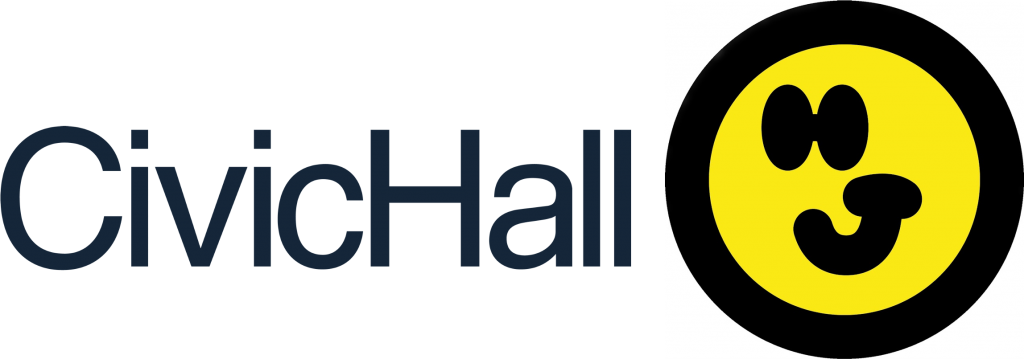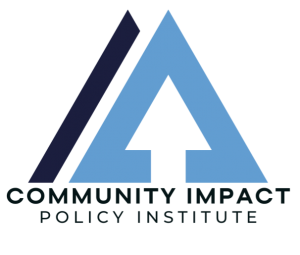Amazon Sponsors Civic Hall at Union Square to Enhance Digital Skills Training and Community Engagement
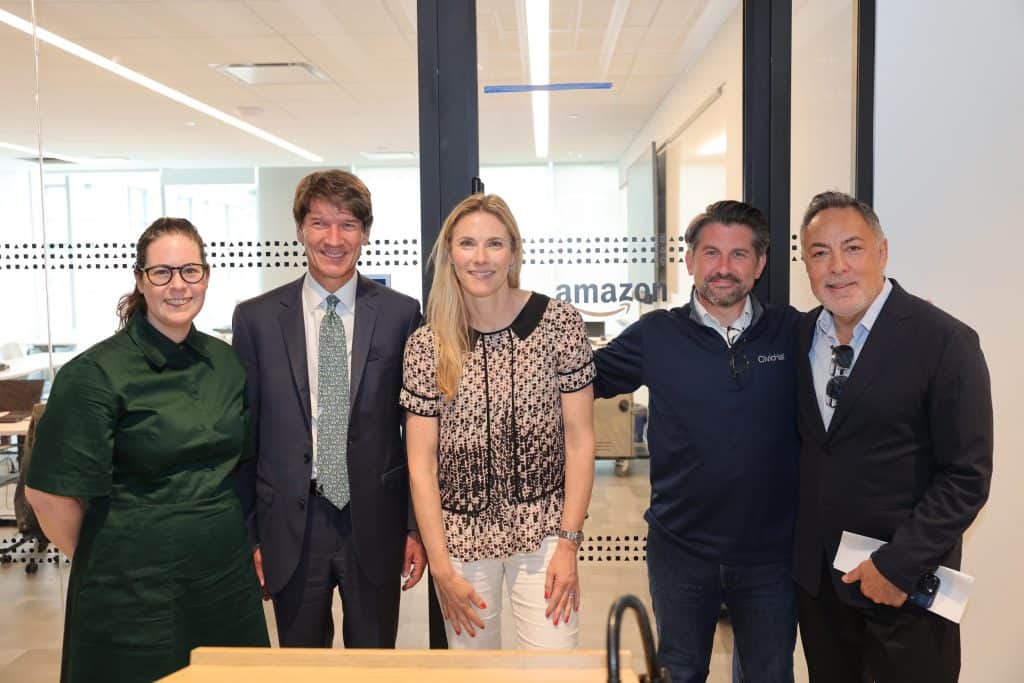
New York, NY – June 6, 2024 – Today, Civic Hall at Union Square announced a new sponsorship from Amazon, a founding member of the organization. The sponsorship will help bolster digital skills training and community-driven technology initiatives. This collaboration underscores Amazon’s commitment to fostering innovation and supporting local communities.
Because of Amazon’s significant support, Civic Hall will name one of its digital skills training classrooms on the sixth floor, the Amazon Classroom. The classroom is used by LaGuardia Community College and other leading training providers. As sponsors, Amazon will help make connections with the various upskilling training providers housed within Civic Hall, as well as participate in other Civic Hall programming like job fairs, mentorship programs, and meetups for NYC-based innovation entrepreneurs.
“Amazon is honored to be a founding partner of Civic Hall Union Square,” said Carley Graham Garcia, Amazon’s Head of Community Affairs in New York City. “Whether it’s hosting the city’s newest tech start up or supporting workforce development or educational programming, Amazon is pleased to sponsor this new vibrant hub and community center.”
“We are honored that Amazon has invested in Civic Hall,” said Jim Malatras, Chief Strategy Officer & Senior VP for Education, The Fedcap Group—the parent organization of Civic Hall. “Amazon’s support will significantly enhance our ability to provide top-notch digital skills training and create new opportunities for community engagement and innovation for many of our up-and-coming innovation entrepreneurs. We thank Civic Hall co-founder, Andrew Rasiej for his work on this partnership.”
“The Fedcap Group and LaGuardia Community College share a vision of creating innovative pathways to enhance the education and career prospects of our students,” said Kenneth Adams, President of LaGuardia Community College. “And now with the sponsorship from Amazon, our combined efforts will only continue to enhance our abilities to offer high-quality education in high-demand and innovative careers to all New Yorkers.”
About Civic Hall
Civic Hall is a collaborative innovation center that brings together civic-minded technologists, social entrepreneurs, government officials, and community leaders to develop technology solutions for the public good. Located in Union Square, Civic Hall fosters a vibrant ecosystem of knowledge sharing and cooperative action.
Civic Hall’s mission is to support and enable best-in-class programs that help close the digital skills divide and plan for the needs of tomorrow’s workforce. Civic Hall facilitates groundbreaking partnerships among high-impact organizations, civic and social innovators, workforce training partners, and New York’s employer ecosystem to work collectively to meet the educational and professional needs of all New Yorkers, especially those from communities too often left behind. Civic Hall also serves as a tech incubator and accelerator, helping to spur new innovations and ideas. For more information about membership opportunities, please visit civichall.org.
About Amazon
Amazon is committed to building a future where everyone has the opportunity to succeed in the digital age. Through various initiatives and partnerships, Amazon strives to support education, innovation, and community development. For more information about Amazon’s community engagement efforts, please visit amazon.com/community.

